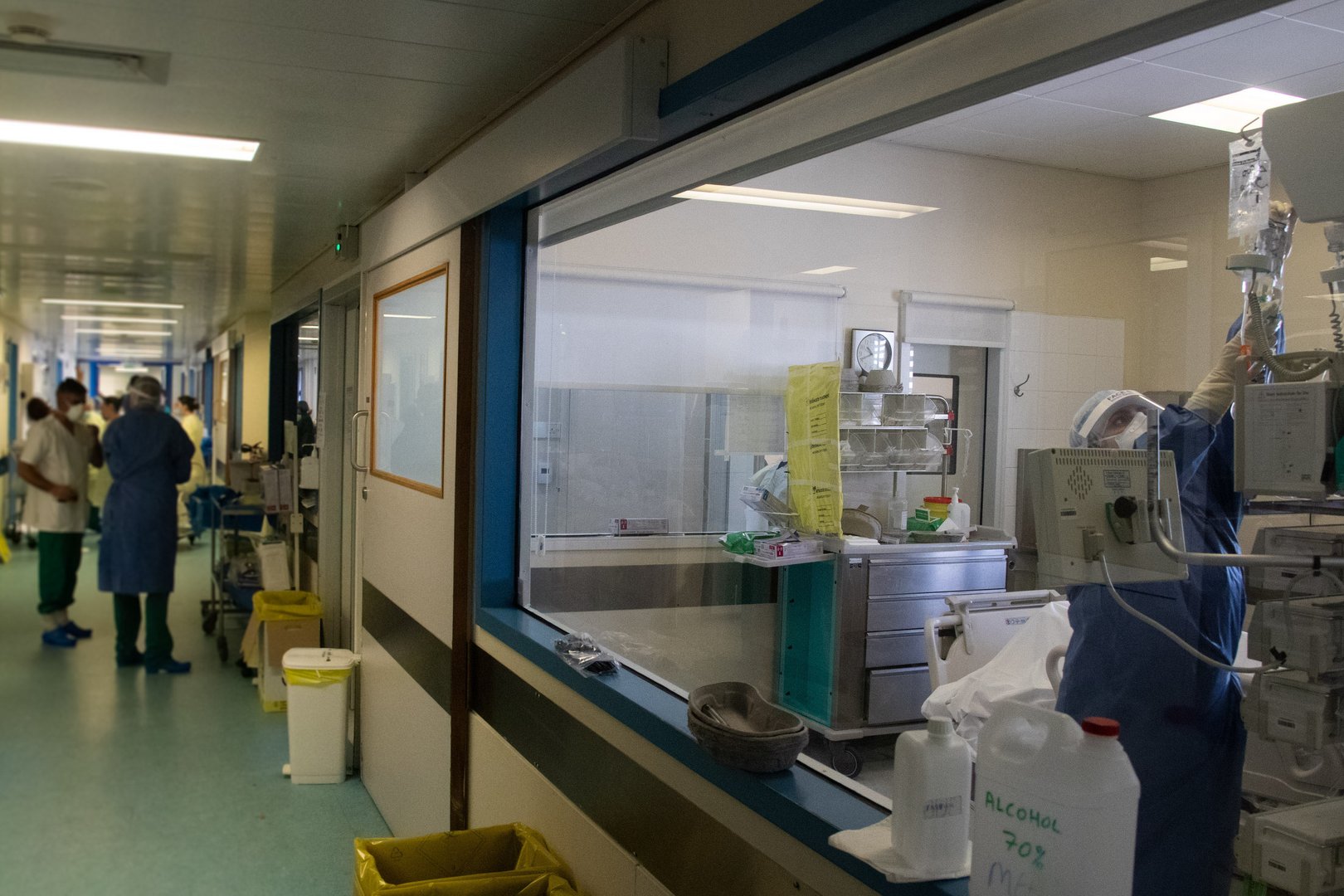Following the death in Paphos of a terminally ill woman aged 75, allegedly, perpetrated by her 74-year-old husband, and his own attempted suicide, it was reported the House human rights committee will discuss the issue of euthanasia.
It’s probably about time Cyprus had this discussion, as many countries are currently doing; others within the EU already have such a mechanism in place. Even in countries that do not legally have euthanasia, it is already happening under the umbrella of ‘Do not Resuscitate’ (DNR) documents that elderly patients are sometimes asked to sign when they are admitted to hospital.
Doctors can then ‘allow’ the patient to die by withdrawing all treatment if they think it’s no longer working, or there is nothing else they can do. They then offer a morphine drip while withholding food and water. It takes around three days before the patient succumbs.
Legal euthanasia, often called ‘assisted suicide’ or more recently ‘assisted dying’, on the face of it, is very progressive and humanitarian. There would be very few that would disagree with someone’s right to choose when to die if they are already terminally ill and in a lot of pain.
There are two kinds of assisted suicide: euthanasia, when the physician ‘acts last’ and physician-assisted suicide in which the person seeking to die ‘acts last’ by having control over the drugs they will take. The Netherlands and Belgium provide for both and the US only for the former.
There is concern, however, where this will ultimately lead because it might not stop with those who are terminally ill or are suffering unbearable physical pain. A myriad of other reasons to choose assisted dying have already arisen in countries that have the system in place. In the US, where it is available in some states, being a burden on family was cited by almost half of those who sought to die, with only a quarter seeking to die because of pain.
In Belgium and the Netherlands, over the years there has also been a steady increase in acceptable criteria. Currently, patients who suffer from depression, or are ‘tired of life’ may be euthanised. In some cases, minors may also be euthanised. Worst of all is suggesting someone should die because their healthcare is too expensive. An American woman fighting terminal cancer received letter from her health insurance company denying chemotherapy but offering to cover the $1.20 cost of pills for assisted suicide.
In an ultimate worst-case scenario, what would be the guarantee that society would not ‘progress’ down the line to where the elderly or infirm, who are ‘a burden’ on the collective, feel they should take themselves out of the equation ‘for the greater good’?
These are the issues our MPs will have to grapple with when the time comes for this discussion to start in Cyprus. We suspect it will be an academic discussion because the Church, which wields big influence, will not allow it to go any further. Having the debate, however is a start.







Click here to change your cookie preferences